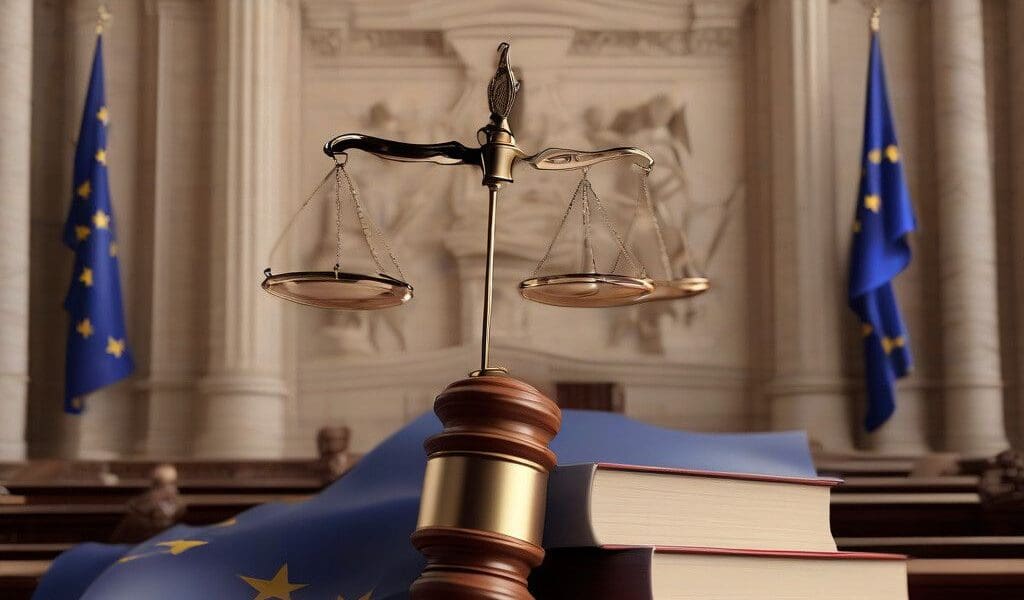Google Faces Continued Challenges with EU Antitrust Regulations
In a landmark ruling, Google has officially lost its appeal against a hefty €2.42 billion fine imposed by the European Union for antitrust violations. This ruling, made by the European Court of Justice, reaffirms the European Commission’s authority in regulating dominant market positions and reinforces the principle that while maintaining a dominant position is not in itself illegal, abusing that position to stifle competition certainly is.
The case dates back to 2017 when the European Commission accused Google of favoritism towards its own comparison shopping service. By prominently displaying its service in search results while demoting those of its competitors, Google effectively hindered fair competition. Following the Commission’s decision, Google sought to contest the fine, hoping to overturn what it deemed an unjust ruling.
However, the court’s verdict underscores a significant shift in how the EU approaches digital market regulation. The ruling stipulates that Google’s practices were not just a matter of business strategy; they constituted an abusive exploitation of market power. The implications of this judgment are profound, signaling that tech giants cannot engage in anti-competitive behavior without facing serious repercussions.
This fine is not an isolated incident for Google. Over the past decade, the tech giant has accrued a staggering total of €8.25 billion in fines across various antitrust cases initiated by the EU. These fines reflect a sustained effort by European regulators to curtail the dominance of large technology firms in favor of fostering a more competitive landscape. Notably, ongoing investigations into Google’s Android system and AdSense are still pending, suggesting that additional penalties could be on the horizon. Currently, the EU is also probing the possibility of forcing Google to divest parts of its advertising technology, a move that could substantially reshape its business model.
This ruling serves as a wake-up call not only for Google but for all dominant players in the tech industry. The EU’s stringent regulatory landscape emphasizes the need for companies to adopt fair practices and be aware of their market impact. It is a clear illustration of the EU’s dedication to maintaining a competitive market environment, demonstrating that the traditional notion of competition is evolving, especially in tech.
For businesses operating within the digital ecosystem, this ruling highlights the necessity of compliance with antitrust laws and the importance of ethical competitive practices. As more consumers rely on online search and shopping, companies must navigate this environment with care, ensuring that their strategies do not inadvertently cross legal boundaries.
The broader implications for the e-commerce sector cannot be overlooked. As businesses seek to optimize their visibility and competitiveness online, the fine against Google illuminates the challenges in balancing aggressive marketing strategies with the need to adhere to legal standards. For instance, e-commerce brands must be cautious about their use of organic search results and paid advertisements, ensuring not to engage in misleading practices that could attract regulatory scrutiny.
The message from the EU is clear: the digital economy is not a lawless frontier but rather a regulated environment where entities with substantial market power must act responsibly. Moreover, as the EU continues to scrutinize the practices of dominant tech firms, other jurisdictions around the globe may look to these rulings as a basis for strengthening their own regulatory frameworks.
In conclusion, the recent ruling against Google reinforces the EU’s commitment to antitrust regulations and emphasizes the critical nature of fostering fair competition in the digital marketplace. For companies, understanding these dynamics will be vital in crafting marketing strategies that are both effective and compliant with evolving laws. Failure to do so could lead to substantial financial losses and reputational damage.








